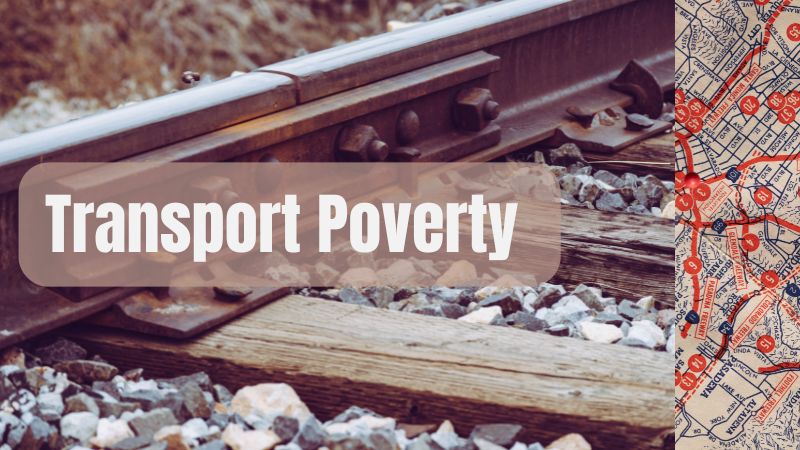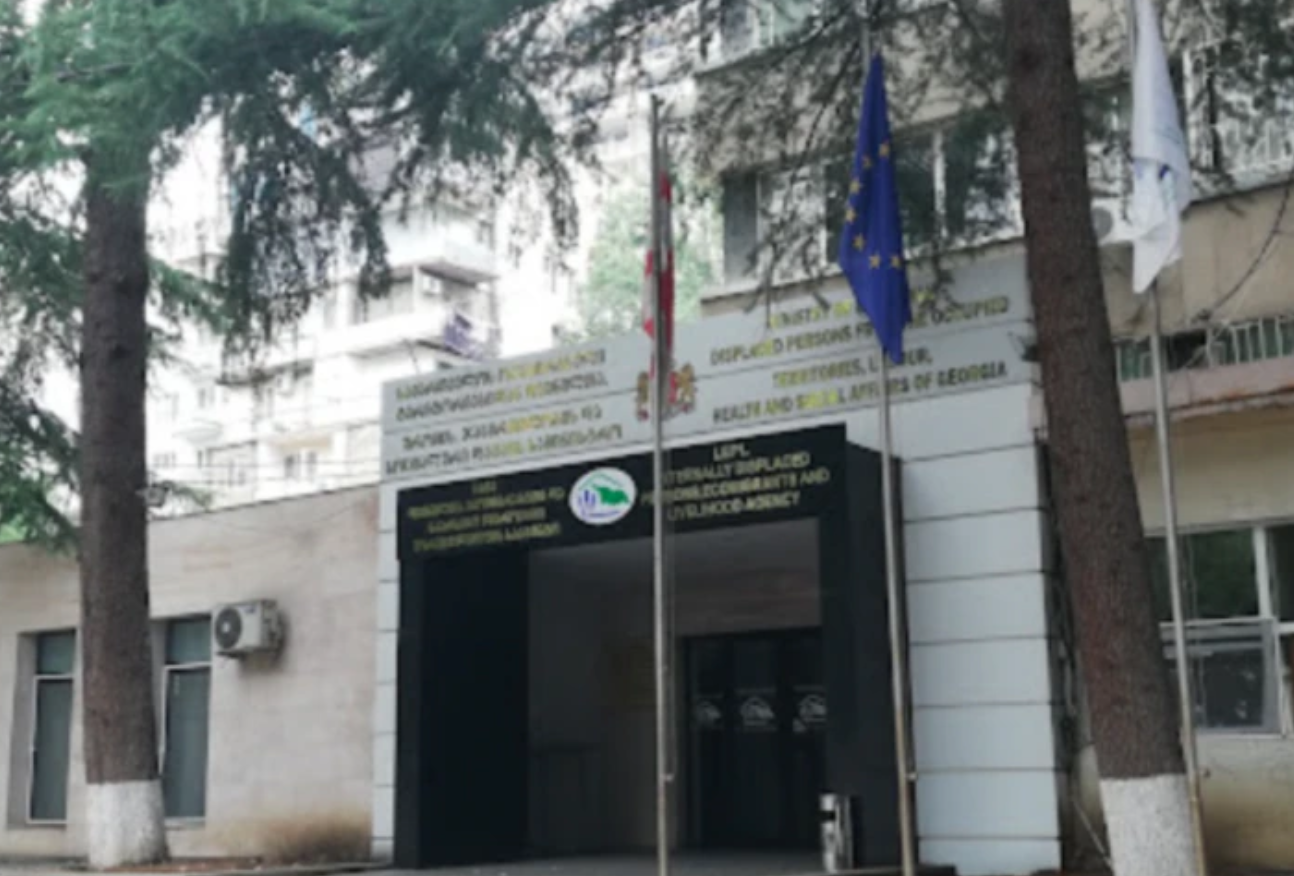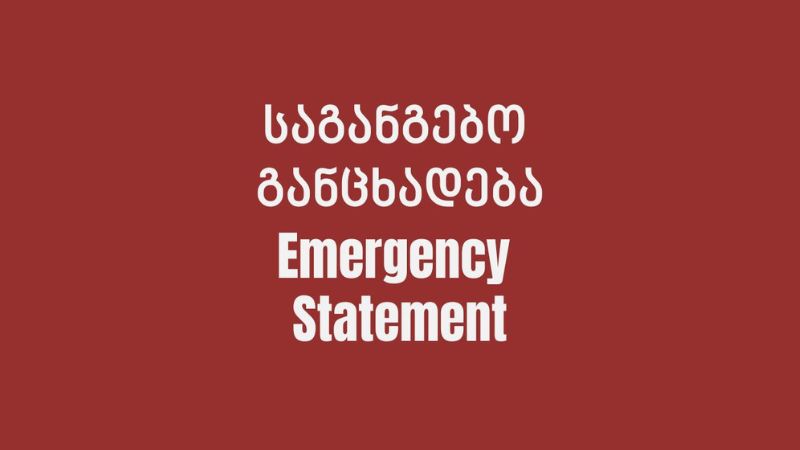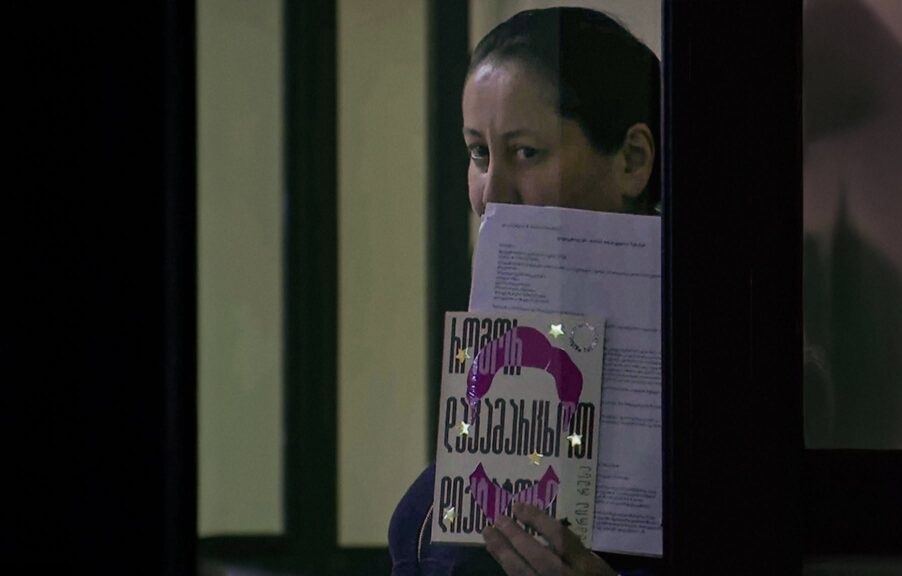“We consider transport and road infrastructure as vitally important priorities – for instance, if you need surgery or medication. Without proper roads, ambulances cannot reach you,” says an IDP from Abkhazia in a 2023 study involving nearly 400 IDPs. The study revealed “transport poverty,” which hinders population access to basic services (such as healthcare, social protection, education) and leads to further impoverishment as it limits public participation in the economy.
Of the study participants, 82% report spending up to 20% of their income on transportation, while 15% indicate spending between 21-40% of their income on transport. The study also found that 2% of participants reported spending between 51-90% of their income on transportation. According to the same study, 16% of respondents indicate that due to insufficient funds, they could not use transportation in the past two years, while 4% had to borrow money for transport.
A quarter (25%) of the study’s respondents indicate that public transport is available “very rarely” or “not at all” near their homes. Participants note that various types of settlements lack public transport, while private minibuses arbitrarily change fares, schedules, and routes. At the same time, “private transport is not regular and predictable, making it impossible for the population to plan any travel.”
The Public Defender also highlighted this problem: The 2022 study indicates that arbitrary practices (including in terms of fares and travel schedules) significantly complicate movement, and in certain settlements, citizens may need up to 3 hours and up to 40 GEL for transportation. “In many municipalities, public transport/buses do not operate at all.”
“Transport poverty” refers to the lack of adequate transport services, which hinders the implementation of other basic human rights and is closely linked to poverty. It is considered that transport poverty impedes access to social, healthcare, and educational services, as well as economic development opportunities, which effectively leads to further impoverishment of vulnerable groups and directly impacts their social and health conditions.
The term “transport poverty” first appeared in various academic works in the 2000s (for example, Karen Lucas’s work in 2004), and at the policy level, it was recognized as a significant challenge first in the UK (at the national level) from 2003, and later at the EU level, when the European Parliament adopted resolutions on this issue.
Multiple factors are considered causes of transport poverty – including physical accessibility of public transport (including distance to the nearest stop, frequency and occupancy of transport, predictable and regular schedule and route). The causes of transport poverty also include its price (financial accessibility), travel time/distance, transport conditions (including hygiene, safe environment for women against violence), and adaptation of transport for people with various needs (including persons with disability).
Many international instruments point to the importance of transport and unhindered movement: These include the UN Sustainable Development Goals (11.2), Universal Declaration of Human Rights (right to freedom of movement), International Covenant on Civil and Political Rights (right to freedom of movement), UN Convention on the Elimination of All Forms of Discrimination against Women (which emphasizes the state’s special obligation to ensure adequate transport for rural women), Convention on the Rights of Persons with Disabilities, and others.
In Georgia’s context, where studies also indicate economic violence in the 2024 electoral context, transport poverty is directly related to the realization of political-electoral rights. Aforementioned study reads:
Transport accessibility would likely increase IDP involvement in local self-government work: To the question “What should be done to give IDPs more opportunity to participate in the development of local and central budgets, programs, laws, and strategies?” 19% respond “More easily accessible public transport is needed.”
Considering that in Georgia, along with IDPs, the number of social assistance recipients (those considered socially vulnerable, pensioners, other groups) varies from half a million to a million, this challenge is universally applicable. Overcoming transport poverty would, in turn, increase guarantees for the protection of citizens’ social, economic, and political rights.
Overcoming transport poverty is discussed in various EU instruments, which provide increasing funding for the development of green, sustainable transport networks. Currently, the EU has allocated millions in funding for the development of safe roads and mobility infrastructure in Georgia. EU membership represents an opportunity for Georgia, among others, to overcome transport poverty, which would significantly contribute to the economic empowerment of the population and access to basic services.







